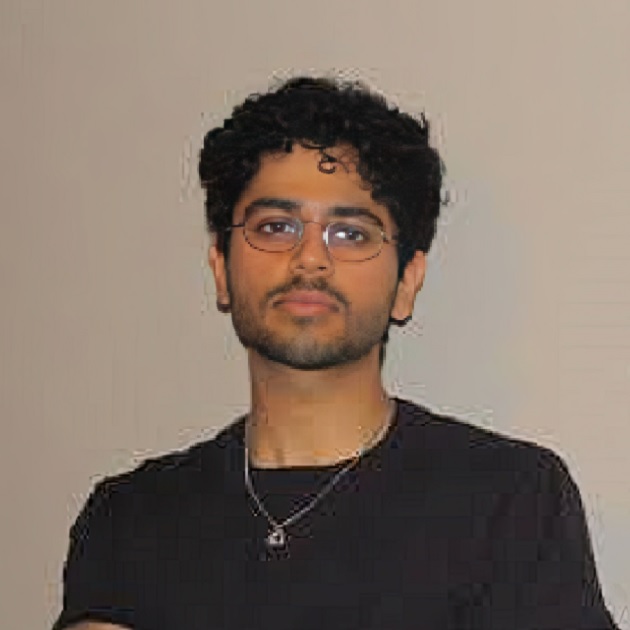An undergraduate student at the Naveen Jindal School of Management took fourth place in a recent international business simulation competition after finishing first in the qualifying round.

Sachin Shroff, a double major in finance and economics, competed against more than 800 students from 15 countries in the Fall 2022 Capsim Challenge. The biannual challenges are sponsored and run by Capsim, a Chicago-based business simulation and assessment company, and are based on two of its simulations.
Students from associate, undergraduate and graduate degree programs who have completed a Capsim simulation in their coursework at an academic institution in the past 12 months are eligible to compete. The online competition began Oct. 21 and ended with a final held Nov. 12.
Sachin said the competition would benefit him as he pursues his career goals in strategic and risk management.
“Being tasked with making cross-functional decisions in various areas of business, including marketing and finance, has been more than beneficial,” he said, “allowing me to penetrate the knowledge and skills needed for future success. As a result, I have a holistic understanding of how businesses operate in the real world.”
Soft skills training was also crucial for Shroff.
“This practical learning tool targets critical job-related abilities, including communication, problem-solving and cooperation … all identified by research as the most sought-after capabilities for recruiting businesses,” he said.
Shroff qualified to participate with the completion of the foundation simulation in the Strategic Management course (BPS 4305). Strategic Management is the study of the way that organizations create and maintain a competitive advantage in the marketplace. The course examines a variety of issues including ethical, environmental, competitor and stakeholder factors, and strategy formulation, implementation and control.

“I use Capsim simulations in the classes I teach,” said Dr. Larry Chasteen, a lecturer in the Jindal School’s Organizations, Strategy and International Management Area. “They improve a student’s critical thinking skills, as they must watch the other competitors and then react to them, just like in the real world.
“In the challenge, detailed data analysis is required for a winning score since there is no such thing as a ‘gut’ decision in this game. Sachin did really well against students from all over the world.”
The competitors employed the knowledge they gained from the simulations in class to compete in the challenge, running virtual, multimillion-dollar companies in competition with their peers to become one of only six finalists.
Capsim’s simulations are designed to expose students to the kinds of situations and challenges that happen in a real-world, competitive marketplace. To win the challenge, participants must observe their competition to learn what they are doing, then adjust their strategy and adapt to do better.
Shroff’s score in the qualifying round was 838 and was 37 points higher than the second-place finisher. In the finals, he scored 557 out of 1,000.
Student participation in the challenge is voluntary. Shroff, who felt well-prepared by Chasteen’s course to compete, decided to apply for a variety of reasons.
“In addition to wanting to build on my technical skills and strengthen my knowledge in areas that will help me in my career, I have always loved playing strategy games and strategizing to compete with others,” he said.
Shroff will begin an internal auditing internship at Ernst & Young in January and will graduate in December 2023.






